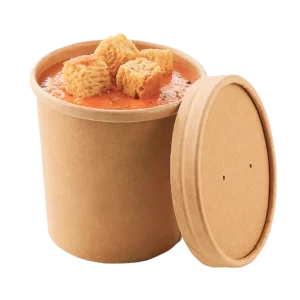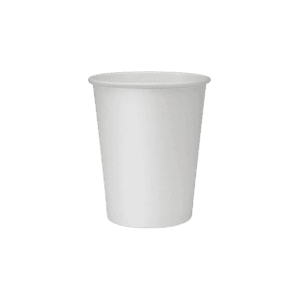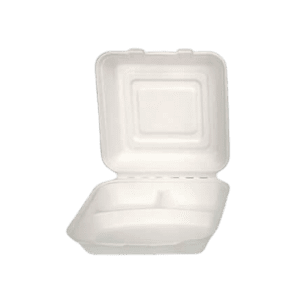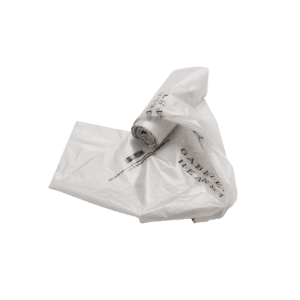Waste disposal is a key yet tricky component of a circular economy model.
Consumers are often overwhelmed by the confusion around different types of products. This could lead people to make mistakes which are detrimental for the environment.
In a previous post, we’ve talked about 3 major problems with compostable waste disposal.
Here, Simply Stem will clear up the stinky clouds surrounding the disposal of three kinds of waste: Home compostable, commercially compostable, and recyclable
Let’s talk waste
If we want to stop the waste pandemic, we need to know the variants of the rubbish viruses spreading around.
Here are some basic definitions it’d be handy to keep in mind.
- Compostable
Ca. 50% of all domestic waste includes organic material. By turning it into compost, you create a valuable material and reduce methane emissions from landfill. However, based on composting conditions, you will need different methods for products waste disposal.
- Home compostable
In this case, you can dispose of the waste at home. Just throw it in your garden heap or use indoor composting tools (e.g. Bokashi, Vermicomposting).
- Commercially compostable
These types of products are not good for DIY composting. They will only decompose in a commercial waste disposal site.
- Recyclable
Nope. Recyclable doesn’t mean compostable. You should dispose of these in a dedicated recycling bin.
The TÜV Austria certification
Right, now that we’ve got a better understanding on the different waste profiles, we’re ready to upgrade to the next level: the TÜV Austria standard.
TÜV AUSTRIA is an international company that provides certifications for different products manufactured in more than 20 countries worldwide.
So, what does that mean for waste?
This certification body has developed some labels to identify and discriminate the two compostable waste streams.
- OK compost HOME
This is the label you’ll find on home compostable products. The certification ensures the product will fully biodegrade within 4 months at 25°C, which is a temperature you can reach in your garden compost heap.
- OK compost INDUSTRIAL (EN 13432)
When you see this label on packaging, you’ll know that your product will need a higher and more constant temperature (65°C) to decompose within 4 months. You can achieve that only in an industrial composting facility.
The On-Pack Recycling Label (OPRL)
As for spotting recyclable items, OPRL is coming to the rescue.
This not-for-profit company provides a Certified As Recyclable scheme for packaging manufactures across the UK.
For each packaging component (e.g. tray, sleeve) and material (e.g. paper, plastic), you’ll find two main OPRL labels:
- Recycle: that means at least 75% of UK local authorities will recycle the waste and reuse it into new packaging or products. Plastic bottles are a good example for this category.
- Don’t Recycle: a product with this label (e.g. a plastic sleeve) will be recycled by less than the 50% of UK local authorities.
On top of the above, there are other specific labels which gives further recycling instructions.
Know your waste today, live on a clean planet tomorrow
Being aware of the waste problem is the first step toward its solution.
We hope this article shed some light on the landfill of doubts in your mind about waste disposal.
At Simply Stem, we give our products the highest level of transparency to ensure our customers can confidently dispose of them.



